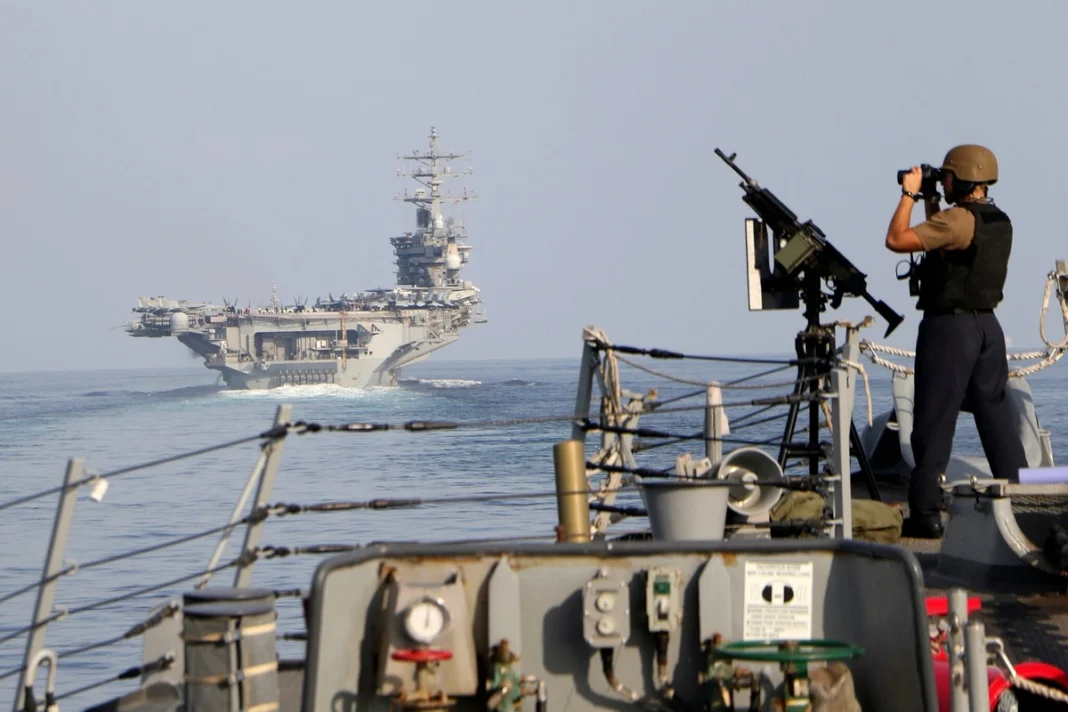The ongoing political and military tensions in the Middle East, which have persisted for years, have deepened in recent months, creating significant threats to international security.
Particularly, the ongoing conflict between Palestine and Israel has shifted the power balance in the region, and the active involvement of third parties in this process has further complicated the situation. Recently, the Houthi movement in Yemen issued open threats against trade ships cooperating with Israel, signaling a new escalation in terms of the security of maritime transport and global trade routes.
These statements have raised concerns not only in the Middle East but also along international sea routes passing through the Red Sea and the Indian Ocean.
Dr. Ali Musa Ibrahimov, a political science expert, stated to Oxu.Az that these developments indicate that the steps taken to prevent war and chaos in the Middle East have not been effective:
“The perspectives of the great powers on the region differ from the expectations of the regional countries and the people living there. In other words, as they did 100 years ago, they initially focus on their own interests and refuse to accept anything other than the realization of these interests. They believe they can achieve their goals through power, sanctions, and blockades. But in reality, this is not the case. A nation can be suppressed by force, but it cannot be broken. A solution that takes into account the interests of the people in the Middle East needs to be found and implemented. In fact, such a path exists, but it is not pursued because it does not serve the interests of the great powers.”
The expert also added that the United States will not escalate with the Ansar-Allah (Houthi) movement:
“True, in their previous statements, the Houthis committed not to target ships from the United States and other states besides Israel. According to their statements, their primary target is Israel. To some extent, they have succeeded in this. Israel prefers to transport goods out of the country using other ships and under different flags. Based on this, the Houthis recently declared their intention to target other ships, including those belonging to the United States, that carry Israeli goods. However, this has not been carried out yet, so it is not possible to say for sure that these threats will materialize.”
“Undoubtedly, if there is any attack on U.S. ships, the United States will likely respond in force. However, I believe that the United States is not interested in attacking the Houthis again. This is because steps were taken in May and June in this direction, but there were no serious results. In other words, official Washington could not break the Houthis’ resistance and, realizing the serious damage it would cause to itself, postponed this process. Whether the Houthis’ current statements will align with reality remains unclear, but in any case, the threat is expected.”


